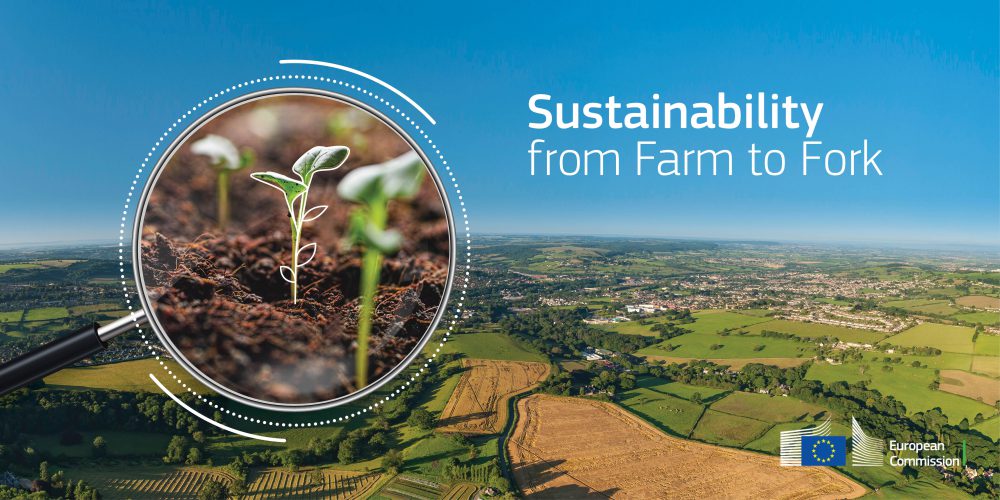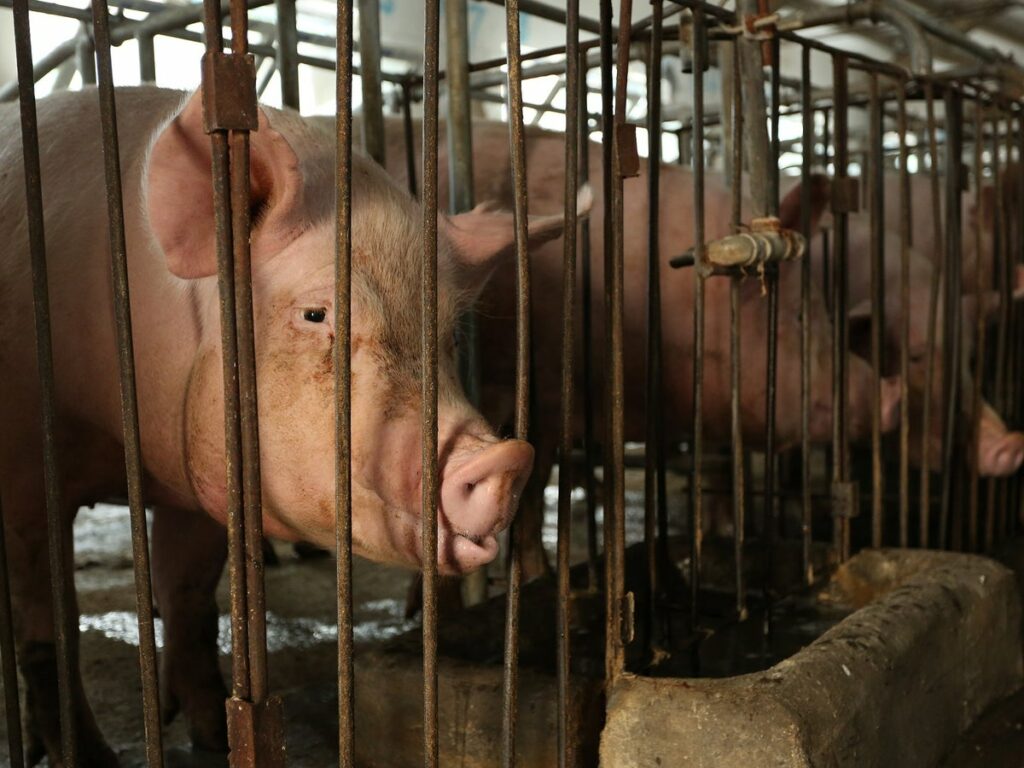EU OFFERS €185.9M TO AID AGRI-FOOD PROJECTS LINKED TO EUROPEAN GREEN DEAL
The European Union is putting its money where its mouth is by allocating tens of millions of euros for the promotion of EU-produced sustainable agri-food products.
Officials at the European Commission, the EU’s executive branch, have revealed that they have allocated €185.9 million to support practices and products that tie-in with the European Green Deal.
This covers areas such as EU organic products, fruits and vegetables, sustainable agriculture and animal welfare, the commission said in a statement.
The likes of agri-food groups, trade organisations and producer organisations are expected to apply for the funds when they become available.
In the statement, Janusz Wojciechowski, the EU commissioner for agriculture, said promoting good quality and safe agri-food products in the EU and worldwide was “an important dimension of the commission’s support to farmers and producers”.
“Our promotion policy plays a key role in the transition towards sustainable food systems,” Wojciechowski said in the statement.
“Our aim is to increase awareness of organic farming and more sustainable agricultural practices, coupled with the promotion of fresh fruits and vegetables, [which are] essential for healthy eating and balanced diets.”
He said demand for these products had to grow if more producers were to join “the green transition”, something that the EU is keen to promote.

The funds allocated by the EU will support campaigns linked to multiple initiatives that are part of the European Green Deal.
These include the Farm to Fork strategy, through which the EU has set ambitious targets to increase to 25% the proportion of EU farmland that is managed organically.
The 27-member bloc also wants to halve the amount of pesticides used in agriculture and to cut agricultural greenhouse gas emissions by the same amount.
Other initiatives whose aims the funding will also support include the EU organic action plan and Europe’s plan for beating cancer.
Funds will additionally help with communication around the European citizens’ “End the Cage Age” initiative, which aims to end the use of cages with farm animals.
As reported by Sial Paris Newsroom, the European Commission agreed in late June to bring in a ban on cages for farm animals after the European Parliament voted in favour.

“Campaigns should inform EU and global consumers about organic farming, EU sustainable agriculture and the contribution of the agri-food sector towards climate action and the environment,” the commission said in a statement.
“Inside the EU, campaigns will also promote healthy eating and balanced diets by increasing the consumption of fresh fruit and vegetables.”
The campaigns will highlight the “high safety and quality standards” of EU agri-food products as well as their diversity and their links to traditions.
Efforts will focus on particular foreign markets as well as the EU, with countries with “high-growth potential” being targeted. Among those mentioned by the commission in its statement are Canada, Japan, Mexico and South Korea.
Officials hope they will make EU agri-food products more competitive and increase their consumption, raise their profile and grow their market share.
Early next year the EU will publish a call for proposals from organisations interested in applying for funds from the scheme.
“Projects will be assessed against the climate and environmental objectives of the Common Agricultural Policy, the European Green Deal and the Farm to Fork strategy, in particular with regard to sustainability of production and consumption,” the EC added in its statement.
The European Commission said in its statement that EU policy aims to increase the competitiveness of the bloc’s agri-food sector by taking advantage of global markets and by raising awareness of “the high standards used in EU agriculture”. Some of these standards are currently under review, the commission added.
Join us at SIAL Paris as exhibitor Join us at SIAL Paris as visitor
